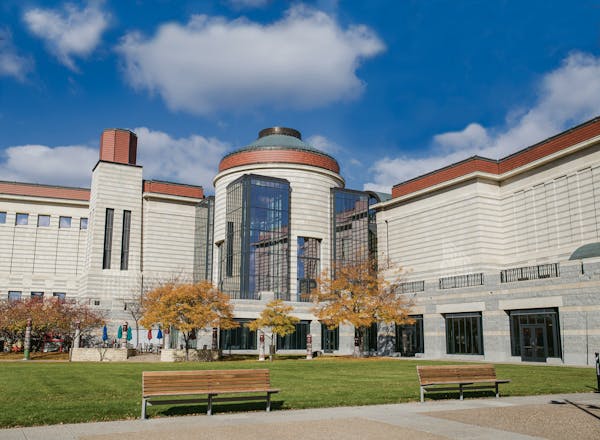The Prairie Island Indian Community soon will be reunited with "Mankato Hanging Rope," an object it claimed was stolen and then donated to the Minnesota Historical Society. The community filed a claim under the Native American Graves Protection and Repatriation Act (NAGPRA) on Feb. 29, requesting the repatriation of "Mankato Hanging Rope," which was used in the Dec. 26, 1862, execution of Dakota ancestor Wicanhpi Wastedanpi (Good Little Stars).
Known also as Chaske, the relative might have been executed by mistake and was one of 38 Dakota men hanged following the U.S.-Dakota War of 1862. The rope became part of MNHS' collection in 1869.
According to a statement from the Prairie Island Tribal Historic Preservation Office, the sacred item was stolen from Wicanhpi Wastedanpi's grave and kept as a trophy before being donated to the Historical Society. If no one else attempts to claim it, the rope will be returned to the tribe within 30 days.
The Minnesota Historical Society's governing board agreed that the item is eligible for repatriation as an unassociated funerary object and as a sacred object, with cultural affiliation to Dakota Tribes. MNHS consulted with the Dakota Tribal Nations about the sacred object.
"This consultation process has been a deeply meaningful learning experience for all of us at MNHS. I am especially grateful to the Dakota community members who have engaged and provided valuable insights and perspective in recent days and over the years," said Kent Whitworth, MNHS director and CEO.
As part of the repatriation process required by NAGPRA, MNHS communicated with all 11 of the federally recognized Dakota Tribal Nations. They agreed to support Prairie Island Indian Community's claim.
The next step requires MNHS to submit a Notice of Intent to Repatriate to National NAGPRA that will become part of the Federal Register. If no one else attempts to claim the rope, within 30 days it will be transferred to the Prairie Island Indian Community. Until the time of transfer, the rope will remain in MNHS' care.
This is not the first time that MNHS has been faced with a repatriation action. MNHS returned the remains of five individuals listed in ProPublica data to the Minnesota Indian Affairs Council for repatriation in the mid-1990s.
On Jan. 12, NAGPRA updated its rules on displaying Native objects, requiring museums to obtain consent from tribes before showing cultural objects. MNHS said it is compliant with these new regulations.
Correction: AP-US-Financial-Wellness-Interest Rates-Consumer story
The art of drag is a target. With Pride Month near, performers are organizing to fight back

Minnesota Historical Society will return 'Mankato Hanging Rope' to Prairie Island Indian Community
Not a gym rat? Here's how to get started on an outdoor exercise routine

